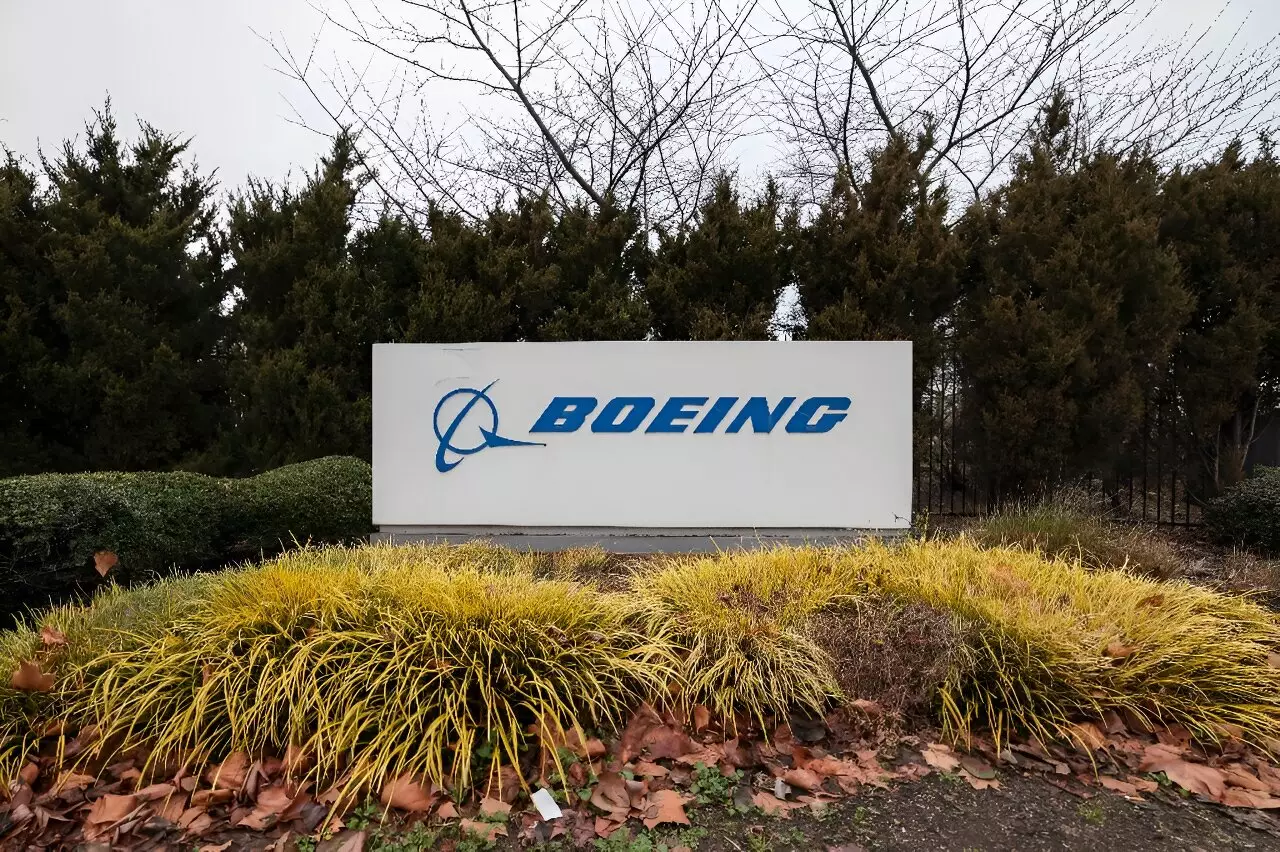Boeing, the aviation giant, finds itself in the midst of a legal storm following the conclusion by prosecutors that the company violated a previous settlement related to the tragic 737 MAX crashes. The Department of Justice (DOJ) presented Boeing with a proposal that would require the company to plead guilty to fraud in connection with the certification of MAX airplanes. The deadline for Boeing to accept or reject this proposal loomed, with little public comment from the company in sight.
The latest legal predicament for Boeing was triggered by the DOJ’s determination that the company failed to meet the requirements laid out in a 2021 deferred prosecution agreement (DPA) following the MAX crashes. The DOJ’s proposal to families of the crash victims included a $243 million penalty for Boeing, along with the appointment of an external monitor. While the guilty plea would have significant implications, families of the victims expressed dissatisfaction with the proposed settlement, feeling that it did not offer the level of accountability they were seeking.
Boeing’s troubles resurfaced following an incident involving a 737 MAX operated by Alaska Airlines, which had to make an emergency landing due to a fuselage panel issue. The DOJ highlighted Boeing’s failure to establish an effective compliance and ethics program, thus breaching the terms of the DPA. This led to calls from families of victims for stricter penalties on Boeing, with some suggesting fines ranging from $10 to $20 billion, contingent on the company’s commitment to safety and quality control measures. The families remain adamant about holding Boeing accountable for the lives lost in the tragic crashes in Ethiopia and Indonesia.
Legal experts have raised concerns about the efficacy of deferred prosecution agreements like the one Boeing entered into, noting that they may not always serve the public interest effectively. Professors Miriam Baer and John Coffee have highlighted the need for ensuring adequate deterrence and restraint in such agreements, rather than solely focusing on securing a conviction. They emphasize the importance of holding corporations accountable for their actions, especially in cases involving significant loss of life.
Boeing’s legal troubles underscore the complexities of corporate accountability and the challenges in balancing justice for victims with the interests of the company. As the aviation giant navigates the legal landscape in the aftermath of the 737 MAX crashes, the spotlight remains on the need for transparency, integrity, and accountability in the corporate world. It is essential for all stakeholders, including regulators, prosecutors, and the company itself, to work towards a resolution that upholds justice and ensures the safety and well-being of all those impacted by such tragic incidents.


Leave a Reply